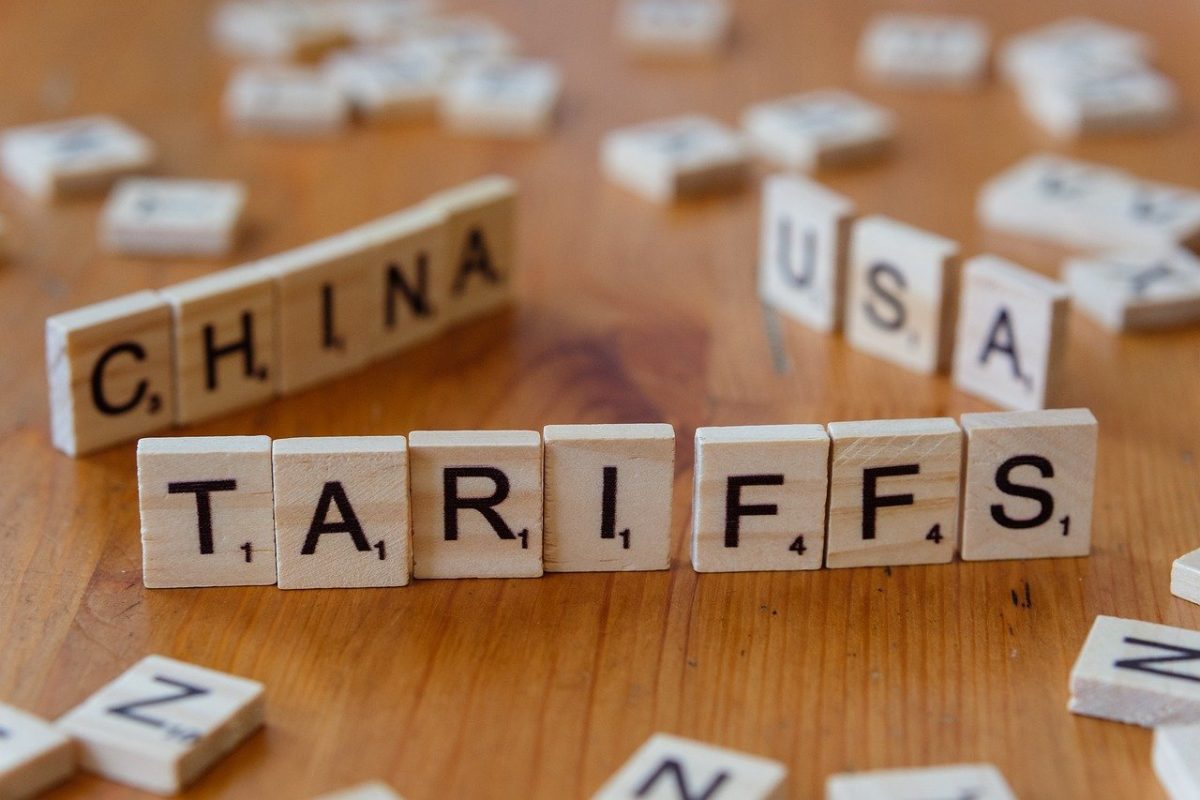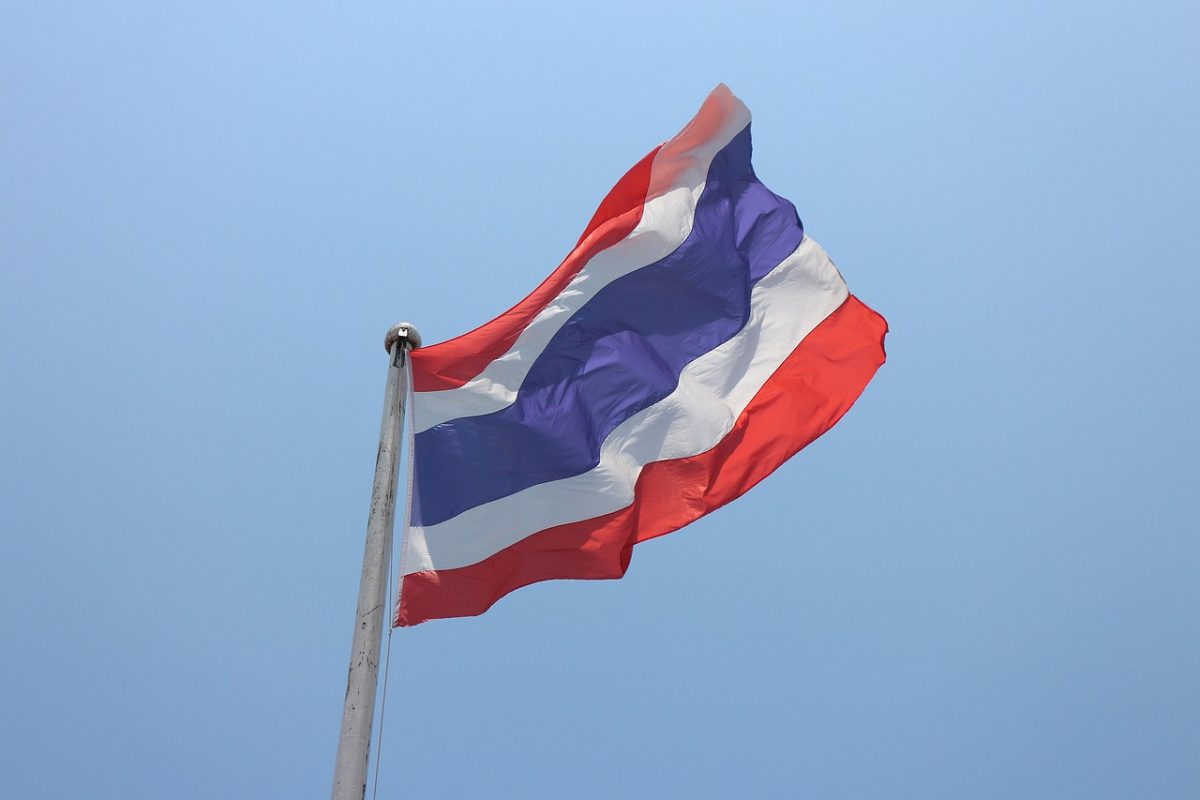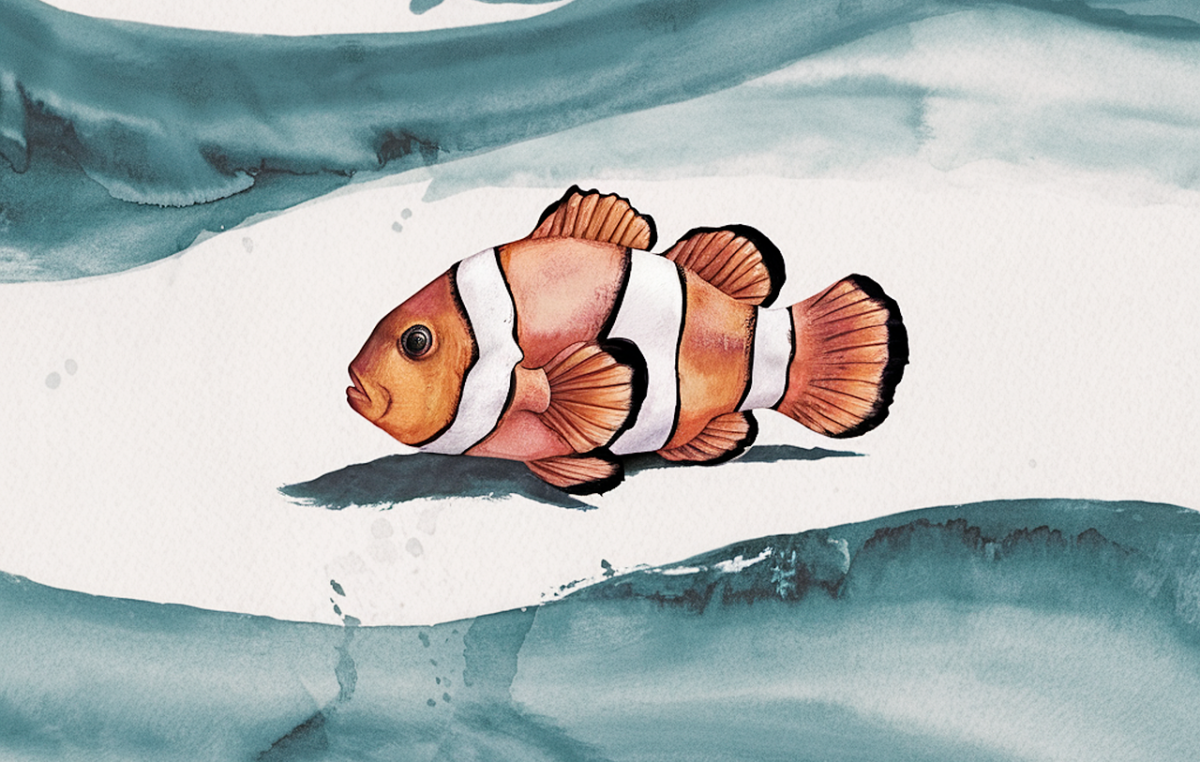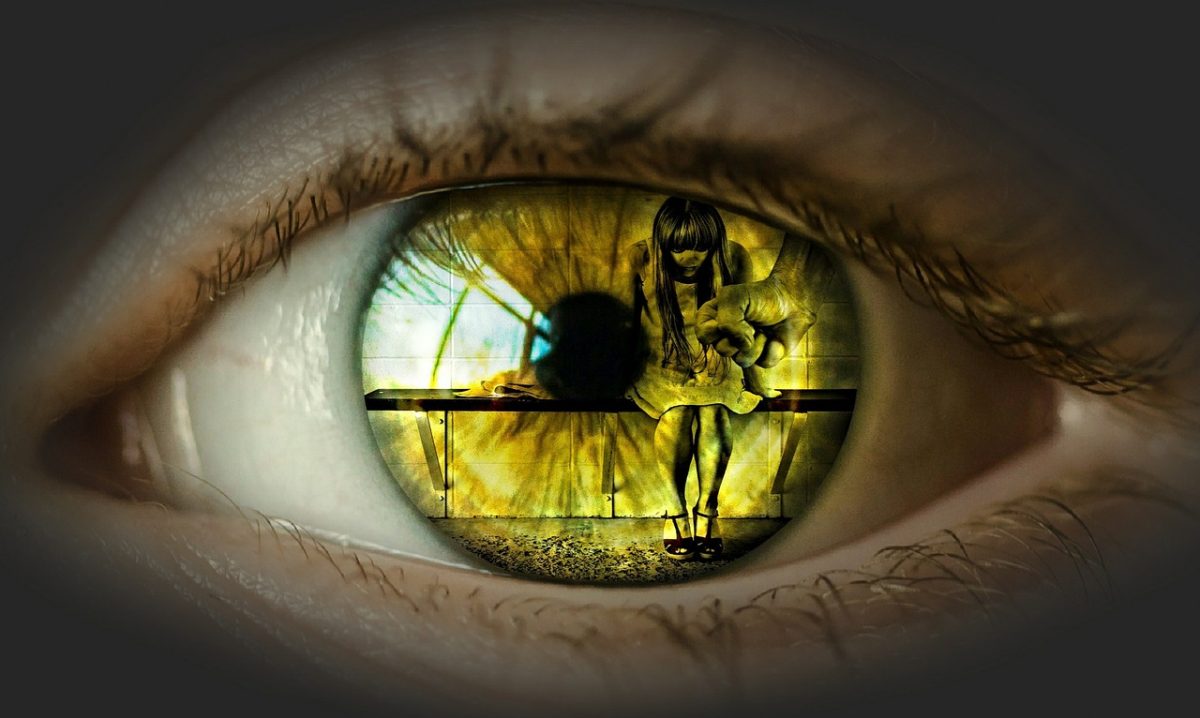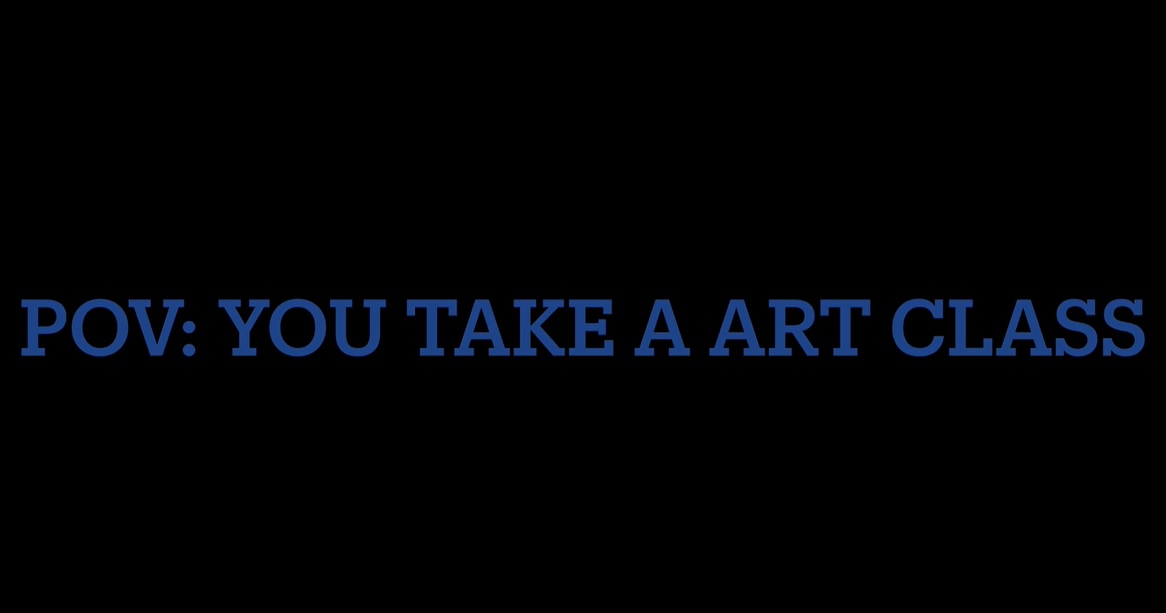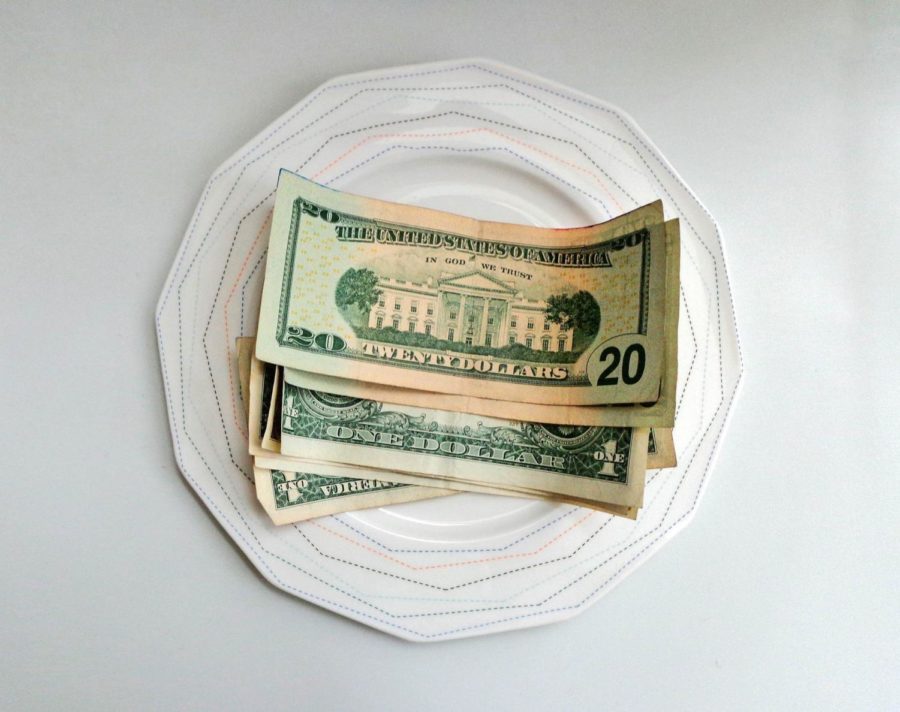Why are we Tipping?
December 22, 2021
Why in corporate America have we made tipping the norm? From eating a nice meal at a restaurant, to even going to a hair appointment, tips are expected.
Tipping somehow turned into a culture, and even has its own name, “tipping culture.”
Tipping should be seen as something that’s an option and earned not expected. When going to a restaurant, you’re paying for the service and food, so why should anyone have to pay again for a service that’s already been paid?
Corporate America has found another way to somehow take advantage of their customers and make them pay their workers. Most waiters make below minimum wage because they are tipped, making them rely more heavily on tips, since the day to day life of an American is not cheap. Making the $6.60 Illinois wage baseline too low. However, if they were already being paid appropriately they wouldn’t need tips.
Because tipping is now the norm, service workers have become entitled to their customers’ money. Some find they don’t have to earn tips because it’s already expected of, which isn’t fair to customers. When some waiters realize they didn’t get a tip they catch an attitude, and now you’re perceived as rude, cheap, and a terrible customer.
Some countries like Japan actually find it insulting to tip because it’s a dignity thing, and they’ve already been paid for their service.
Even though I’ve only expressed why tipping is bad from a customer’s point of view, it could even be bad for the waiter too. Tipping could leave an opportunity for exploitation, discrimination, racism, and even sexual harassment. Being a waiter can’t be easy. Having to deal with difficult customers, while also trying to manage multiple tables doesn’t sound like an easy task at all.
Honestly a lot of servers are treated as less than, and less respected because of their job description and some customers take advantage of this and hold tips over their waiters head. Some waiters may have bad days, they’re human, it’s normal, so because they’re having a bad day it shouldn’t impact their pay. Like any other worker their work ethic usually doesn’t affect their pay but with waiters or other service workers who receive tips, it affects them. Which again isn’t fair and sets different standards of respect for them as workers. Because the restaurant industry has taken advantage of their workers making most of their money off tips, 12.8% of tipped workers are likely to live in poverty.
In an article from CNBC it states “ Almost 13 percent of tipped workers are in poverty, compared with around 6 percent of non-tipped employees.” Tips are so unreliable, and inconsistent. Every job has its slow days and busy days, but again the pay is still going to be the same, while service workers are worried about if they’re going to make enough unreliable tips to pay their next bill.
This is not normal elsewhere, nor fair, employers need to pay enough to where their employees wouldn’t need to rely on tips, but a stable predictable check. Tips are so common to the point where if you dine with a group of 6 or more people they will add something called gratuity. Literally forcing you to tip. In some instances it can come off as sneaky because most people don’t see that small writing where it says gratuity has been added, and it’s often never mentioned.
All in all, tipping is a toxic and entitled culture that’s harming not only the customers but the employees also.
It’s grounds for unfairness on both ends.

